Treatment Combination Shows Promise in HR+, HER2–, HER2-mutant Metastatic Breast Cancer
Neratinib plus fulvestrant plus trastuzumab is a promising drug combination in the treatment of hormone receptor-positive (HR+), HER2-negative, HER2-mutant metastatic breast cancer, according to interim results from an ongoing study presented at the ASCO 2022 Annual Meeting.
The investigation found an objective response rate of 17% and a median duration of response of more than 14 months in patients treated with all three drugs. Genomic analyses from the SUMMIT trial (NCT01953926) following combination therapy with neratinib ± fulvestrant suggested that resistance to neratinib may occur via either mutant allele amplification or secondary HER2 mutations.
To help assess the relative response to the three agents in this patient population, the researchers randomized participants to receive either fulvestrant alone, fulvestrant plus trastuzumab, or fulvestrant plus trastuzumab plus neratinib. Patients randomized to the fulvestrant-trastuzumab or fulvestrant-only groups could cross over to neratinib-fulvestrant-trastuzumab upon disease progression.
Patients treated with all three drugs in combination received 240 mg/day oral neratinib with loperamide prophylaxis: plus 500 mg intramuscular fulvestrant on days 1 and 15 of cycle 1, then every 4 weeks; plus 8 mg/kg intravenous trastuzumab initially, then 6 mg/kg every 3 weeks.
According to principal investigator, Komal L. Jhaveri, MD, of Memorial Sloan Kettering Cancer Center, the analysis found a promising response to combination therapy with neratinib, fulvestrant, and trastuzumab. Indeed, ORR was 39% among patients initially randomized to the three drugs, 25% among fulvestrant-trastuzumab patients who crossed over, and 33% among fulvestrant-only patients who crossed over. Median PFS was 8.2 months, not estimable, and 8.3 months in the same three groups, respectively, while the median duration of response was 14.4 months, not estimable, and 6.3 months, respectively.
Clinical benefits, on the other hand, occurred in 47% of patients initially randomized to combination therapy with the three agents: 25% in fulvestrant-trastuzumab patients who crossed over and 83% among fulvestrant-only patients who crossed over.
Given these findings, the investigators expressed encouragement regarding the potential effect of such combination therapy on clinical outcomes in this otherwise challenging patient population.
“Neratinib plus fulvestrant plus trastuzumab is a promising combination for HR+, HER2-mutated metastatic breast cancer with prior exposure to CDK4/6 inhibitors, across a range of activating HER2 mutations,” Jhaveri and colleagues concluded.
Reference:
https://meetinglibrary.asco.org/user/login?destination=%2Fembargo%2Frecord%2F210352%2Fabstract
Disclosures: Authors declared financial ties to drugmakers. See full study for details.
Photo Credit: Getty Images.
By Michael Vlessides, MD /alert Contributor
.jpg)
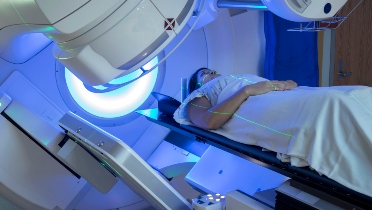



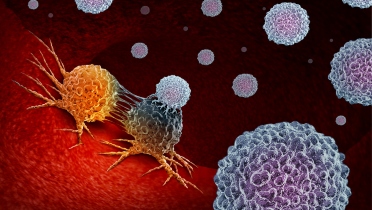





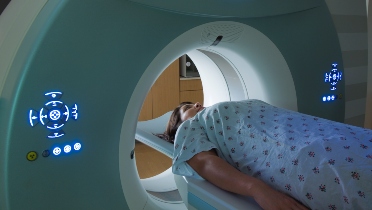




.jpg)

.jpg)


.jpg)
.jpg)
.jpg)
.jpg)
.jpg)
.jpg)
.jpg)
.jpg)
.jpg)
.jpg)
.jpg)
.jpg)
.jpg)
.jpg)
.jpg)
.jpg)
.jpg)
.jpg)
.jpg)
.jpg)
.jpg)

.jpg)
.jpg)
.jpg)
.jpg)
.jpg)
.jpg)
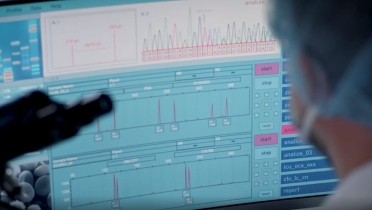

.jpg)

.jpg)
.jpg)
.jpg)
.jpg)
.jpg)
.jpg)
.jpg)
.jpg)
.jpg)
.jpg)

.jpg)
.jpg)
.jpg)
.jpg)
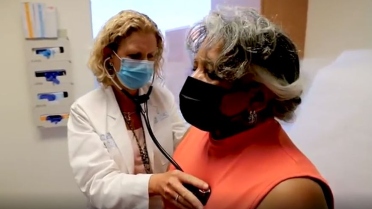





.jpg)

.jpg)

.jpg)
.jpg)
.jpg)

.jpg)
.jpg)

.jpg)
.jpg)
.jpg)
.jpg)
.jpg)
.jpg)

.jpg)

.jpg)
.jpg)

.jpg)
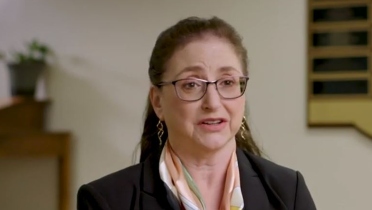


.jpg)
.jpg)
.jpg)
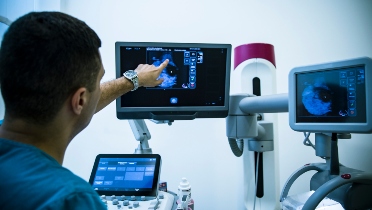

.jpg)
.jpg)
.jpg)
.jpg)
.jpg)
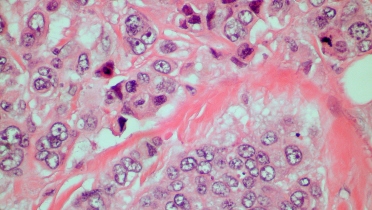
_.jpg)
.jpg)

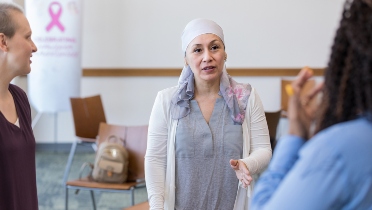
.jpg)


.jpg)
.jpg)
.jpg)
.jpg)

.jpg)
.jpg)
.jpg)
.jpg)
 Featured Breast Cancer Videos
Featured Breast Cancer Videos.jpg)